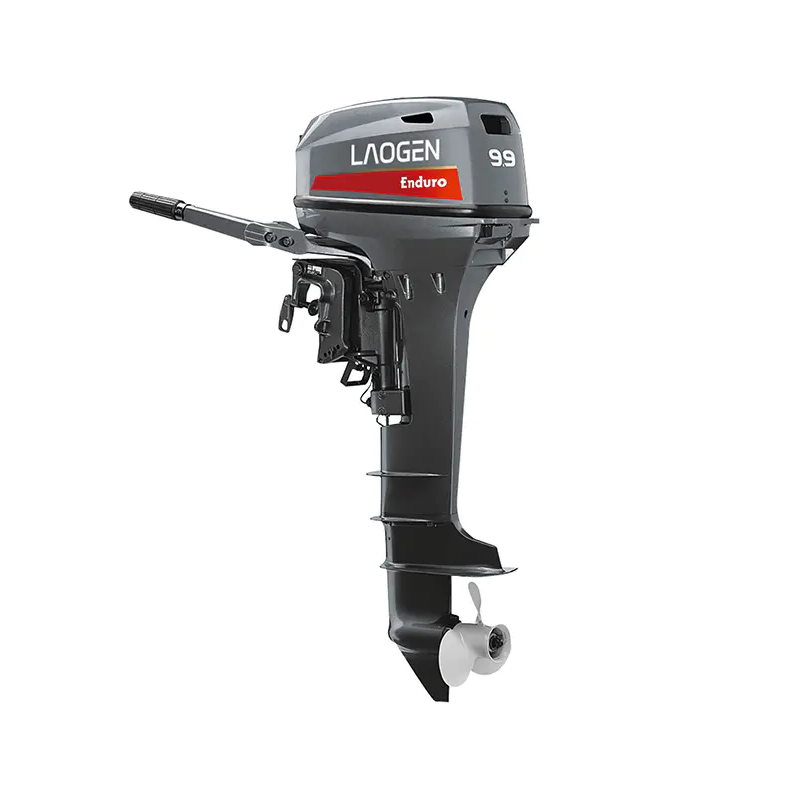Understanding Marine Outboard Engine Technology

Marine outboard engines play an essential role in personal and commercial boating. Positioned externally, these engines simplify vessel design while offering significant operational benefits. With ongoing advancements in engineering, today’s outboard motors are more dependable and efficient than ever before.
One of the primary considerations when selecting an outboard engine is the propulsion method. Most models use either a two-stroke or four-stroke combustion cycle. While two-stroke engines offer a lighter build and quicker throttle response, four-stroke versions are known for improved fuel economy and reduced emissions. The decision often depends on the user’s performance expectations and maintenance preferences.
Cooling systems are crucial to engine longevity. Marine environments, especially saltwater, can lead to corrosion and internal damage if not managed properly. Modern outboard motors include water-cooling systems that draw in surrounding water to regulate temperature. It’s important to flush the system regularly to remove sediment and mineral deposits that may impair function.
Weight distribution is another advantage of outboard motors. Mounted at the rear, they allow better balance for smaller boats and open up interior space for passengers or cargo. Steering is also more straightforward, with the entire engine pivoting to change direction. This makes tight maneuvers and low-speed control easier, especially in crowded docks or narrow channels.
Power range is broad across marine outboard engines, from lightweight units used on kayaks or dinghies to high-powered versions capable of pushing large boats at higher speeds. Fuel capacity, shaft length, and engine tilt capabilities are additional aspects to assess when choosing a model that fits a specific boat design.
Noise reduction and smoother operation have been focal points in newer engines. Many units incorporate features like vibration-dampening mounts and improved exhaust routing to reduce onboard sound. This contributes to a more comfortable boating experience, especially for long-distance travel or fishing trips where engine noise may interfere with the surroundings.
Marine outboard engines are versatile and tailored for various boating needs. Careful selection based on vessel type, intended usage, and maintenance expectations ensures consistent performance and long-term reliability on the water.
- Art
- Causes
- Crafts
- Dance
- Drinks
- Film
- Fitness
- Food
- Spiele
- Gardening
- Health
- Startseite
- Literature
- Music
- Networking
- Andere
- Party
- Religion
- Shopping
- Sports
- Theater
- Wellness


